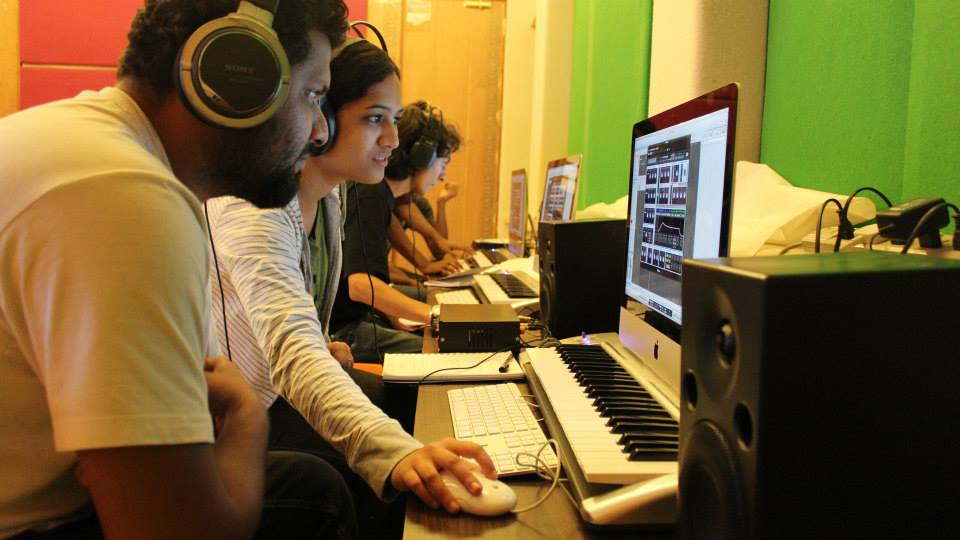Innovative Teaching Methods at Franchise Parkland Music Institute in Hong Kong

Franchise Parkland Music Institute, located in the vibrant city of Hong Kong, has been a leading institution in providing music education for over a decade. In response to the evolving landscape of education and the dynamic needs of students, the institute embarked on a journey to implement innovative teaching methods, aiming to enhance the overall learning experience and foster a deeper appreciation for music.
Objective:
The primary objective of this case study is to explore the innovative teaching methods introduced at Franchise Hong Kong Parkland Music Institute and their impact on student engagement, skill development, and overall satisfaction.
Methods:
The study employed a mixed-methods approach, combining quantitative data analysis and qualitative insights gathered through interviews and surveys. The research focused on a sample of students and instructors who participated in or implemented the innovative teaching methods.
Innovative Teaching Methods Implemented:
- Interactive Virtual Learning Platforms:
Franchise Parkland Music Institute integrated interactive virtual learning platforms to supplement traditional lessons. This allowed students to access a wide range of resources, engage in virtual ensemble performances, and receive real-time feedback from instructors.
- Gamified Learning Modules:
The institute incorporated gamified elements into the curriculum to make learning more enjoyable and interactive. Students participated in musical challenges, quizzes, and virtual competitions, fostering a spirit of friendly competition and motivation.
- Collaborative Performance Projects:
To promote teamwork and collaboration, the institute introduced collaborative performance projects. Students from different disciplines worked together to create and perform musical pieces, enhancing their ensemble skills and expanding their musical repertoire.
- Personalized Learning Plans:
Recognizing the diverse learning styles of students, Franchise Parkland Music Institute implemented personalized learning plans. Instructors tailored lessons to meet individual needs, ensuring that each student could progress at their own pace and focus on areas of interest.
Results:
- Increased Student Engagement:
The introduction of interactive virtual learning platforms and gamified modules led to a significant increase in student engagement. Students reported a higher level of motivation and enthusiasm for practicing and attending lessons.
- Enhanced Skill Development:
Collaborative performance projects and personalized learning plans contributed to a more holistic development of musical skills. Students not only improved their technical proficiency but also developed essential teamwork and communication skills.

- Positive Instructor and Student Feedback:
Both instructors and students expressed satisfaction with the innovative teaching methods. Instructors appreciated the flexibility of personalized learning plans, while students praised the variety and creativity introduced through gamified modules and collaborative projects.
Conclusion:
The case study of Franchise Parkland Music Institute in Hong Kong highlights the positive impact of innovative teaching methods on student engagement and skill development. By embracing Music Institute franchise Hong Kong technology, gamification, collaboration, and personalized learning, the institute has successfully adapted its approach to meet the evolving needs of the modern learner, positioning itself as a leader in innovative music education. This case study serves as a valuable resource for other music institutions seeking to enhance their teaching methods and enrich the learning experiences of their students.





